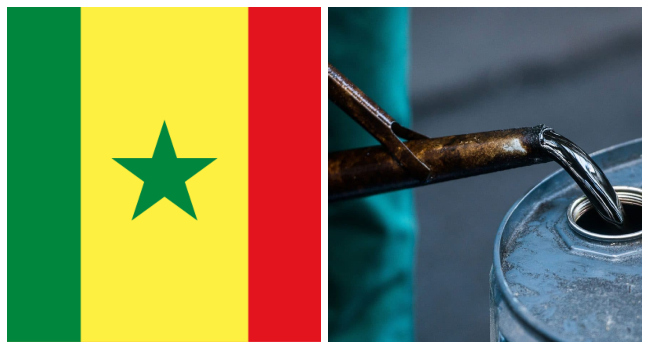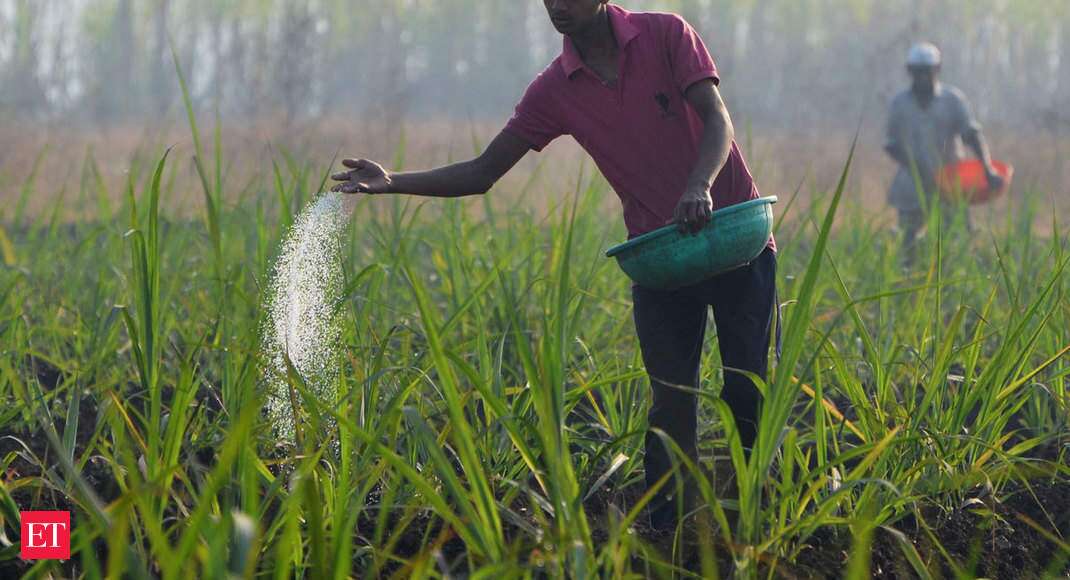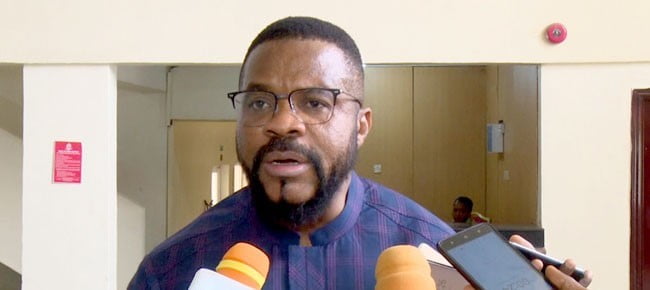Will Senegal use oil to change its economic structure? [Asset Management]
Oil: Senegal’s Economic Renaissance?
On June 10, Senegal became the first country in the league of oil-producing nations when the first barrels were taken from the Sangomar field off Dakar. This project aims to produce 100,000 barrels per day and will cost $5 billion. According to Maak Petroleum Company CEO Ameth Guisse, it will increase competitiveness and reduce energy costs.
The contracts for exploitation continue to raise concerns. With profits ranging from 15% to 40%, Australian corporation Woodside currently owns 82% of Sangomar, with Senegal receiving the remaining 18%.
Ousmane Dieng, a Senegalese economist, emphasizes the financial windfall supporting double-digit development and funding for the local economy while highlighting the importance of setting smart public policy priorities.
In the mining, oil, and gas sectors, President Bassirou Diomaye Faye pledges transparency and audits. Senegal’s prime minister, Ousmane Sonko, promises fair terms in the face of global enterprises.
Dieng calls for quick local refinement and increased production capacity to lower energy prices. Sangomar expects Senegal to receive more than $1 billion each year for the next thirty years. Meanwhile, Greater Tortue Ahmeyim seeks to produce 2.5 million tons of LNG annually near the border with Mauritania.
These represent Senegal’s momentous economic transition and hold great promise for future progress.
Air Travel in Africa: Expensive Obstacle
Issues with intra-African flights mean that traveling within Africa is still difficult and costly. Travelers frequently take detours through the Gulf or Europe, pushing up prices to among the highest in the world.
African travelers paid $50 in taxes in 2021, compared to $30 in travelers from Europe and the Middle East. According to IATA, only 19% of the 1,431 possible routes connecting the 54 countries of AU had weekly direct flights.
Since 2018, SAATM activities have been gradually promising an 81% increase in traffic, €1.3 billion, and 155,000 jobs, drawing in foreign investors such as Qatar Airways in Rwanda Airlines.
Zimbabwe: A Bouncing Flora
A severe drought caused by El Niño is affecting agriculture in Southern Africa.
As the Agriculture Ministry acknowledges the rise in horticulture despite the drought, small-scale farmer Clarence Mwale’s Kuminda assists 2,500 for exports and training.
Source AfricaNews



